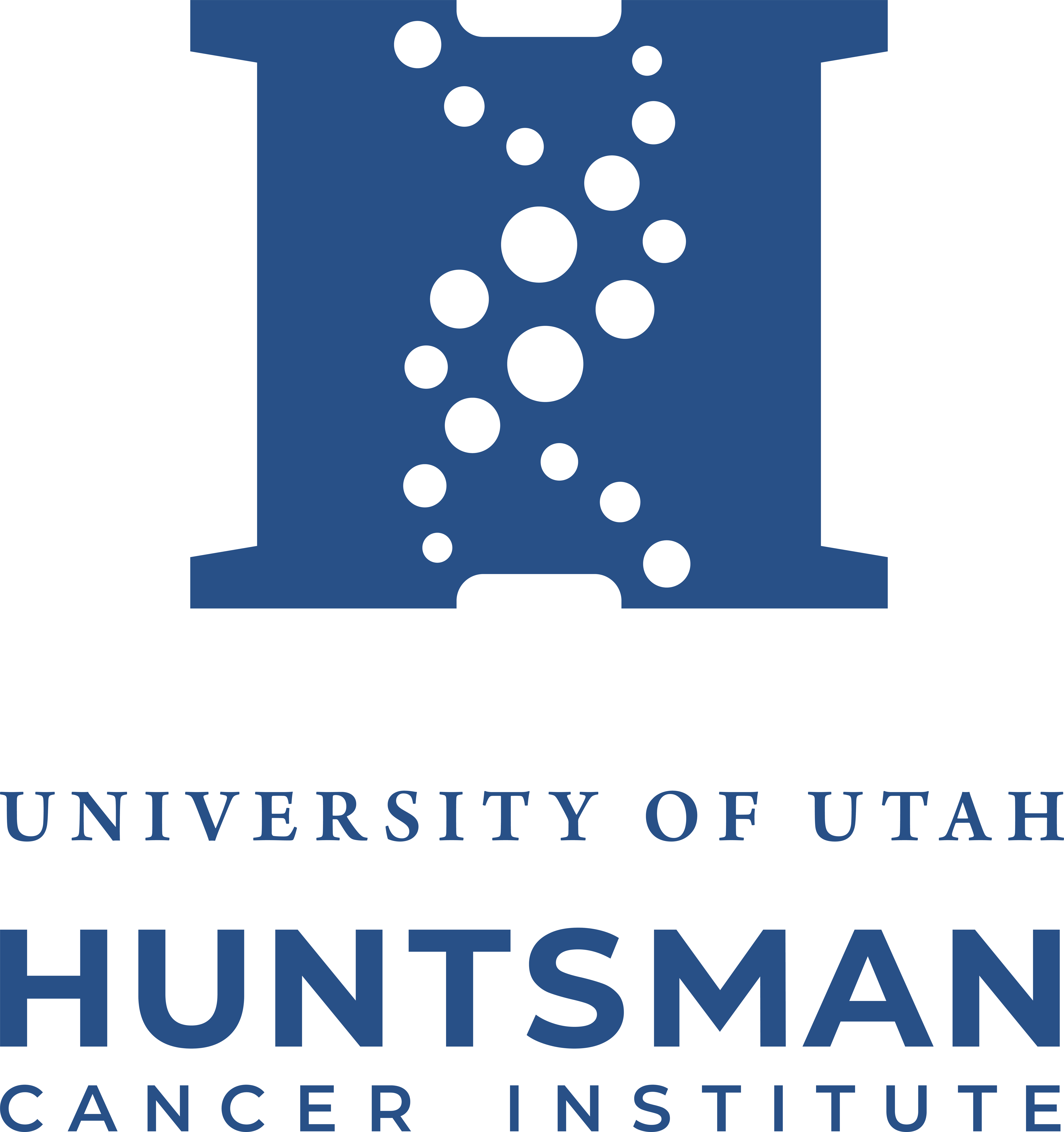
Dr. Agarwal on Unmet Needs in mHSPC

Neeraj Agarwal, MD, discusses unmet needs in metastatic hormone-sensitive prostate cancer.
Neeraj Agarwal, MD, professor of medicine, and director of the Genitourinary Oncology Program, Huntsman Cancer Institute, discusses unmet needs in metastatic hormone-sensitive prostate cancer (mHSPC).
Moving the novel hormonal therapies to the up-front setting in prostate cancer has resulted in improved survival by 1 to 3 years, says Agarwal. However, patients are likely to experience disease progression after these therapies. These patients who progress on hormonal therapies have a particularly challenging disease subtype to treat.
Additionally, although the majority of patients with mHSPC will respond to hormonal therapies, about 10% to 15% of patients will experience early disease progression, Agarwal explains. Moreover, the average survival for these short-term responders is around 2 years following the onset of metastatic castration-naïve prostate cancer. Future research efforts should determine the optimal course of treatment for these patients and whether treatment intensification could provide added benefit, concludes Agarwal.




































